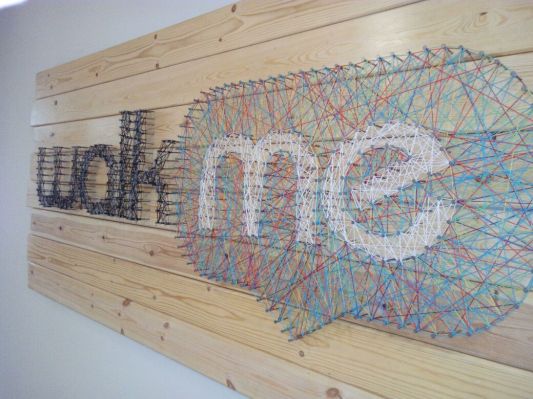More funding is rolling in for Israeli startups. Today, WalkMe — company that has built a cloud-based platform for businesses to make web and mobile interfaces and experiences easier to navigate with on-screen guidance and prompts — has raised $75 million. It plans to use the funding to expand into newer markets like Japan, Germany and Latin America, as well as to make more acquisitions to build out the big data and machine learning that powers its insights and recommendations.
WalkMe’s president Rephael Sweary said the startup was not disclosing its valuation. According to figures from company researchers Zirra, it is $935 million.
To be a little clearer, Zirra tells me this “is not the ‘real’ valuation in the company’s financials, but rather an estimation of the valuation had the company been traded on the public market, using dozens of public and semi-public data points.”
Earlier, Sweary had noted that the valuation was “significantly” more than the $400 million valuation it had in last year’s round.
As with the $50 million round WalkMe raised about a year ago, this latest infusion was led by Insight Venture Partners, with other undisclosed investors also participating. (Previous investors include Mangrove, Scale Venture Partners and Giza Venture Capital, among others.) It brings the total raised by WalkMe to nearly $168 million.
Notably, this was not a round they were looking to raise right now. “We weren’t planning to raise that much, but the opportunity presented itself,” he said in an interview. “The company is doing great and we thought we could use the capital to grow even faster.”
Sweary confirms that the company is not profitable right now but that this is by design.
“We are profitable in terms of the unit economics,” he said. “A SaaS company that is profitable is one that is not growing.” No details on actual revenue figures or growth except to not that its seeing over “hundreds percent” growth year-over-year.
It has thousands of customers including 25 percent of the Fortune 500, it says. Customers include OpenTable, Microsoft, Adobe and others. It’s priced on a freemium model but doesn’t publish specific costs openly.
WalkMe’s core premise is that it builds tools to make a business’s software and apps more usable by its employees and customers. When it was still a young company, back in 2012, I snarkily compared it to Microsoft’s Clippy, for its mission of offering assistance and helping show users around different features.
In reality, WalkMe’s platform is more powerful and complex than this: it observes how a user makes his or her way around a page on the screen, anticipates what that user might want to do next and notices when there are problems, and then makes suggestions and other helpful nudges.
It taps into the constant issues that business and software makers have with UX and UI that keep products from being ultilised quite how people hope they will be.
“Something that might take three minutes can instead take 20 seconds,” Sweary explains. While three minutes doesn’t sound like a long time, over a period of time, each of those three-minute sections of work can add up to hours of your time and lots of frustration and stress.
The company has made a couple of interesting acquisitions to break into new areas beyond its basic and legacy web business: at the beginning of the year it acquired abbi.io to expand into A/B testing on mobile, and in April it acquired a visual analytics firm, Jaco, to help gain better insights into user behaviour.
Both of these are helping WalkMe expand not just in terms of platforms but intelligence: the company is powering the recommendations it gives to users (and to businesses in terms of how they build their services both for customers and employees) through machine learning algorithms that are bringing in all these and other data points.
The plan going forward is to expand that data play even further. “WalkMe has developed only 30% of our product vision,” Sweary said. “We are moving towards more data and being more tech driven to provide a more sophisticated picture of how your products work. We use data to understand the possibilities of the software and what people use, and what they do not use.”
“WalkMe demonstrates tremendous value in helping employees and customers better adopt technology,” said Jeff Horing, Managing Director, Insight Venture Partners, said in a statement. “The WalkMe team has an acute awareness of the digitization challenges facing every enterprise, and we look forward to our continued partnership as they fuel their strength in this market.”
WalkMe’s funding comes on the heels of two other significant funding rounds for other Israeli startups this week: Iguazio, another big data play, raised $33 million; and SimilarWeb, a competitive intelligence platform for online businesses, raised $47 million.
Updated with more detail on the valuation
